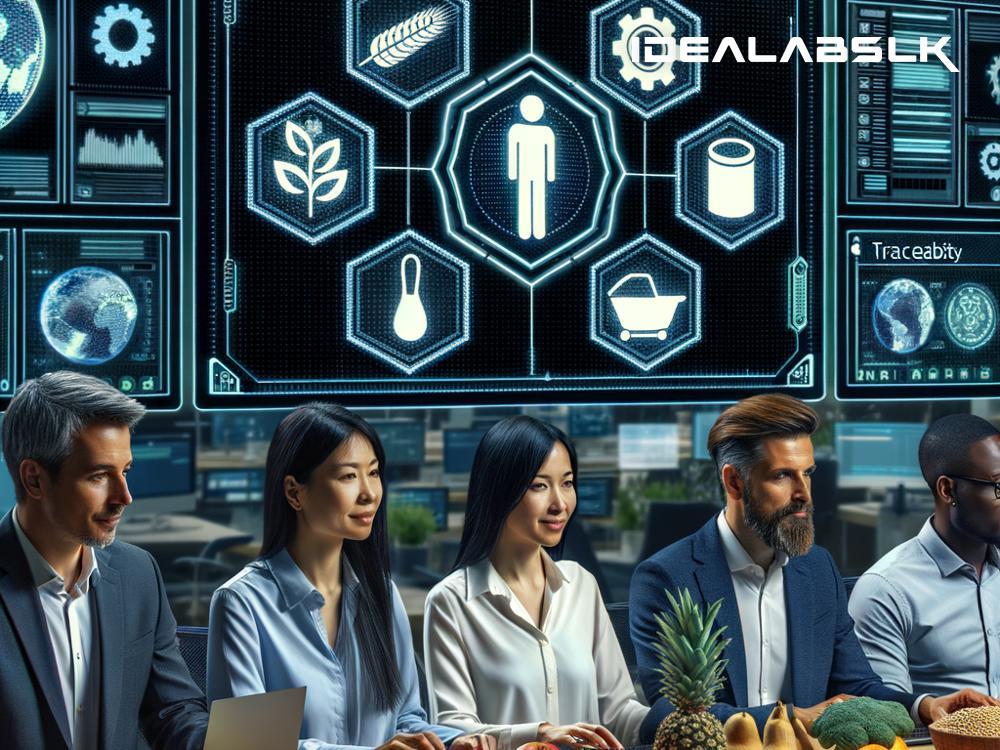Blockchain in Food Recall Management for Faster Response: How It's Changing the Game
In recent years, blockchain technology has started to make waves beyond its original application in the realm of digital currencies. One of the sectors that stands to benefit significantly from blockchain is food safety and recall management. Food recalls have become a common occurrence in the news, with outbreaks of foodborne illnesses and contamination posing serious health risks to consumers. The process of identifying, removing, and preventing contaminated food from reaching people is critical, but it has often been a slow and cumbersome process. Enter blockchain, a technology that is making food recall management faster, more efficient, and ultimately safer for everyone.
Understanding Blockchain
At its core, blockchain is a system of recording information in a way that makes it difficult or impossible to change, hack, or cheat the system. Think of it as a digital ledger of transactions that is duplicated and distributed across the entire network of computer systems on the blockchain. Every block in the chain contains a number of transactions, and every time a new transaction occurs, a record of that transaction is added to every participant's ledger.
How Blockchain Transforms Food Recall Management
The introduction of blockchain into food recall management is transformative, offering a new level of transparency, traceability, and speed that was previously unattainable. Here’s how:
-
Increased Transparency:
- Every piece of food has a story. From the farm where it was grown to the processing plants where it was handled, and the trucks that transported it to your local grocery store, there are many steps involved. Blockchain helps document this journey in an immutable ledger, meaning every step of the process is recorded and cannot be tampered with. This transparency helps identify the origin of contamination much quicker.
-
Enhanced Traceability:
- With blockchain, every product can be tracked through its unique digital footprint. This means that if a food item is found to be contaminated, companies can quickly trace back through the blockchain ledger to identify at which point in the supply chain the contamination occurred. This pinpoint accuracy not only speeds up the recall process but also limits the scope of the recall, preventing unnecessary waste of uncontaminated products.
-
Immediate Notifications:
- Because blockchain networks are distributed, information about recalls can be disseminated instantly to all stakeholders in the supply chain, including retailers and consumers. This rapid notification process can significantly reduce the time it takes for contaminated products to be removed from shelves and for consumers to be alerted, reducing the risk of illness.
-
Reduced Fraud:
- The tamper-proof nature of blockchain ensures that food safety records cannot be falsified, reducing the risk of fraud. This is particularly important in preventing the reintroduction of recalled products into the supply chain, a problem that has occurred in the past.
Real-World Applications
The potential of blockchain in food safety and recall management is starting to be realized by several companies and organizations. For instance, Walmart has piloted a blockchain project to trace the origin of leafy greens to improve food safety. Similarly, IBM’s Food Trust Network is using blockchain to bring together retailers, suppliers, and growers in a transparent and shared record-keeping system.
Challenges and Future Directions
While the benefits of blockchain in food recall management are clear, there are still challenges to widespread adoption. These include the need for technological infrastructure, standardization of data inputs, and the willingness of all stakeholders in the food supply chain to participate. However, as technology evolves and the industry recognizes the undeniable advantages of blockchain, these hurdles are expected to diminish.
Conclusion
Blockchain technology offers a promising solution to the perennial challenges of food recall management. Its ability to provide transparent, tamper-proof, and real-time tracking and tracing capabilities transforms the speed and efficiency of identifying and managing food safety incidents. As more businesses and regulators explore and adopt blockchain, the future of food recall management looks not only faster but significantly safer for consumers around the world. This innovative approach has the potential to revolutionize how we ensure the food on our plates is safe to eat, building trust in the food supply chain one block at a time.

